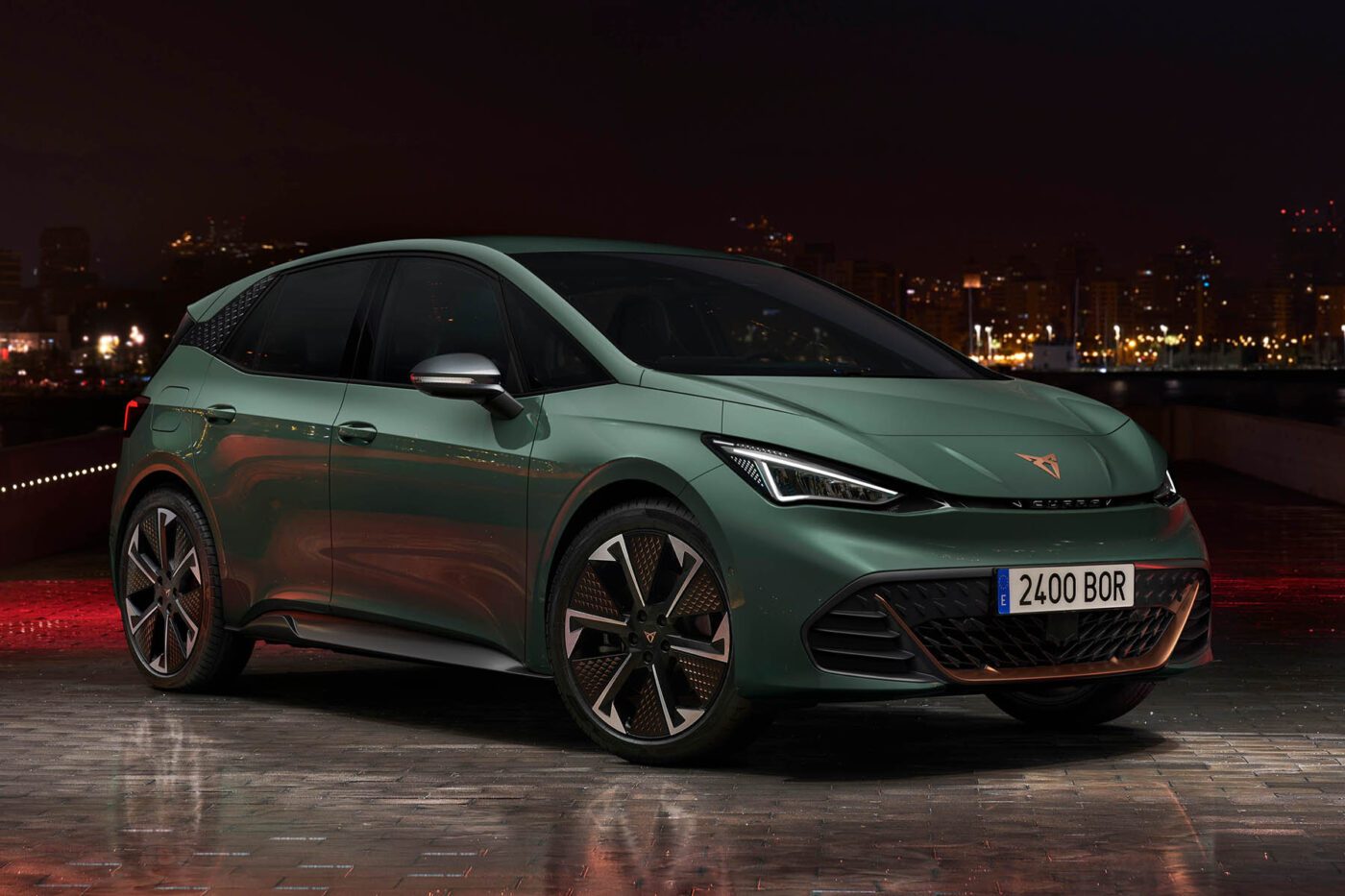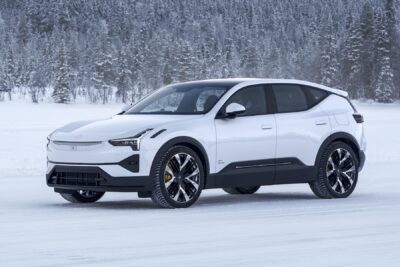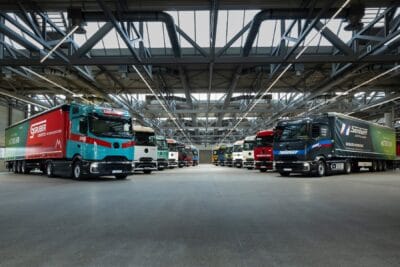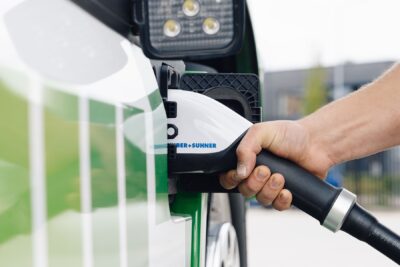Cupra revises the Born lineup
Cupra essentially adopts the changes to the drive systems that VW has also introduced over time in its ID.3 – after all, both vehicles are built together on one line at the VW plant in Zwickau, Germany. However, Cupra does not offer all the variants that VW offers – the Born range remains somewhat slimmer.
Specifically, there will be three versions of the Born in future. The two cheaper variants are united by the drive, which is the 170 kW version of the “old” MEB APP310 rear engine – with the eponymous 310 Nm of torque. The difference lies in the battery: the base model uses a power storage unit that is specified in the Cupra price list with 63 kWh gross and 60 kWh net – VW speaks of 59 kWh net energy content for the ID.3, but it is probably the same battery. The variant with 62 kWh gross and 58 kWh net, as debuted in the ID.3 in 2019, is no longer offered. The new 60 kWh version provides a range of up to 434 kilometres in the Born. The second Born variant with 170 kW power uses the familiar 77 kWh battery (82 kWh gross), which should be sufficient for up to 555 kilometres according to WLTP.
The Spanish company offers the Born VZ as the top model. This takes the drive system from the ID.3 GTX Performance, meaning it has the new APP550 with 545 Nm of torque installed in the rear. Cupra relies directly on the 240 kW top version. As with VW, this is combined with the new 79 kWH battery (84 kWh gross). Charging is possible with up to 185 kW, and it should take 28 minutes to charge from ten to 80 per cent.
.
| Born 60 kWh | Born 77 kWh | Born VZ | |
|---|---|---|---|
| Drive | RWD | RWD | RWD |
| Performance | 170 kW | 170 kW | 240 kW |
| Torque | 310 Nm | 310 Nm | 545 Nm |
| Acceleration | 6.7 s | 7.1 s | 5.6 s |
| Top speed | 160 kph | 160 kph | 160 kph |
| WLTP range | 424 km | 555 km | 536 km |
| Battery capacity | 60 kWh | 77 kWh | 79 kWh |
| Charge capacity DC | 165 kW | 175 kW | 185 kW |
| Charging time DC 10-80% | 24 min | 26 min | 28 min |
| Price | 41,450 Euro | 47,250 Euro | 52,770 Euro |
With the latest software, the 77-kWh battery can be charged with up to 175 kW DC charging power, and the standard charging process from ten to 80 per cent takes 26 minutes according to the factory specification. For the new 60 kWh battery, Cupra specifies up to 165 kW and 24 minutes. This is a significant improvement on the 58 kWh battery previously used, which could only be charged at a peak of 120 kW. All Born variants have an eleven kW onboard charger for AC charging.
insideevs.de (in German)





0 Comments